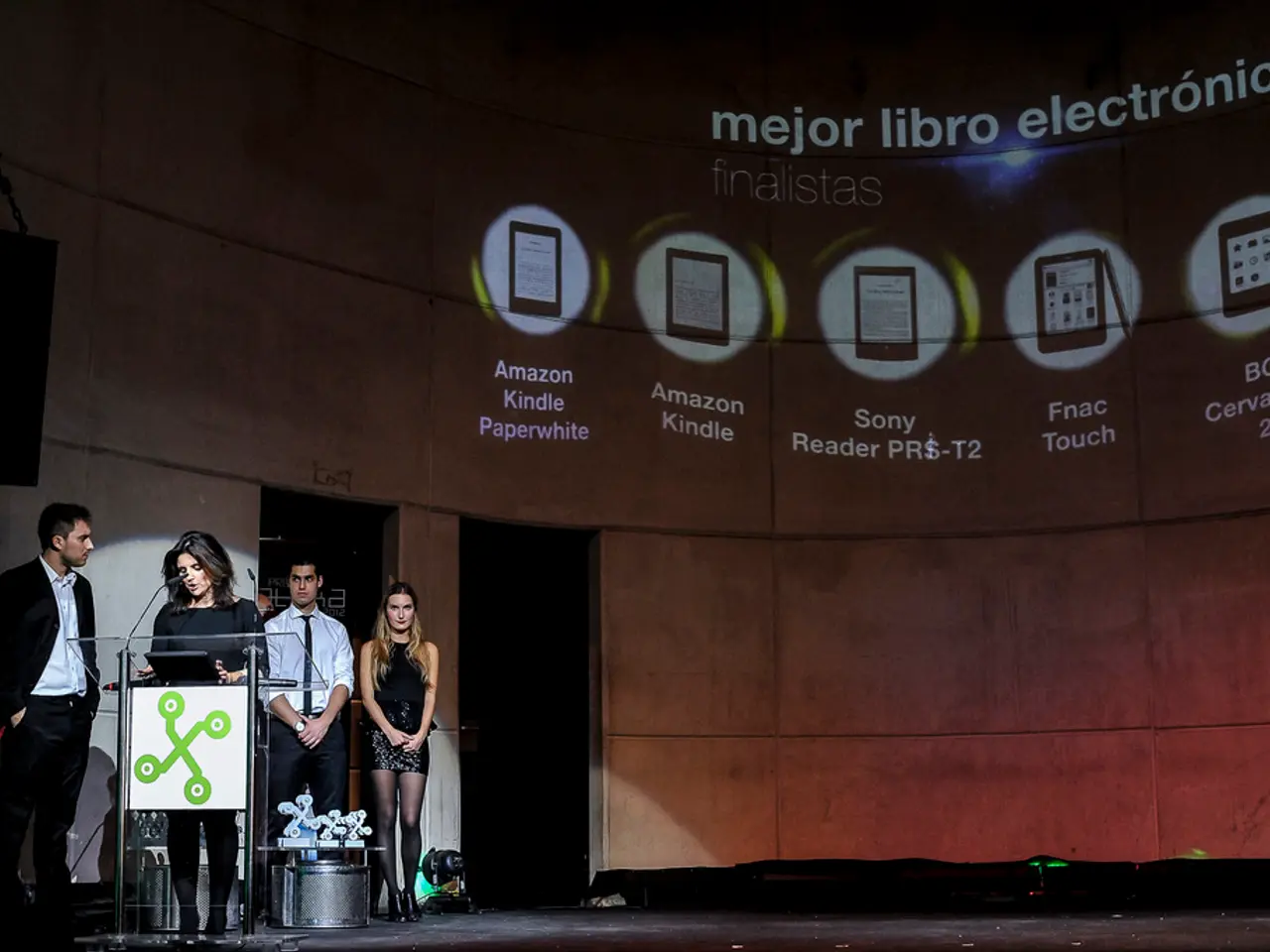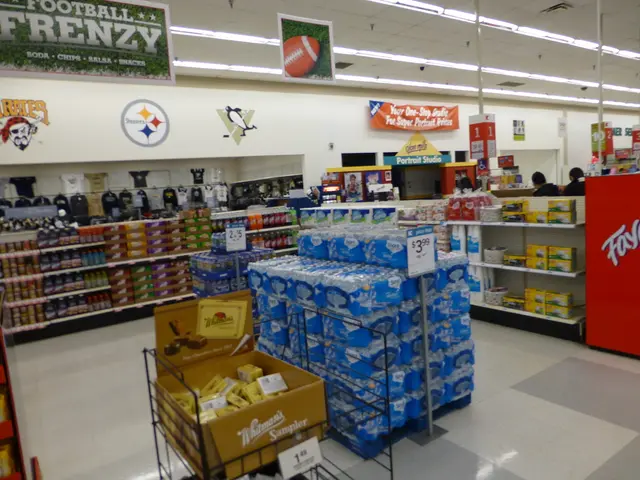Connecting Senior Care through Engagement Technologies at LeadingAge 2022
In the realm of senior care, the implementation of engagement platforms has emerged as a significant trend, aiming to personalize, enhance, and improve care for older adults. This shift was highlighted at the 2022 LeadingAge Annual Meeting + EXPO, where the benefits of these tools were emphasized.
Engagement platforms offer numerous advantages, including improved personalization, enhanced social connection, and efficient communication. By collecting and integrating personal preferences, health data, and social needs, these platforms can create individualized care plans that improve outcomes and resident satisfaction.
For instance, Methodist Senior Services in Mississippi implemented iN2L tablets across its communities, which allow personalization and include features to reduce anxiety, such as photos, worship programming, games and puzzles, movies, music, and call capabilities. These tablets have been instrumental in keeping residents engaged during transitions between activities and reducing the amount of time staff needed to spend on planning activities.
The iN2L tablets have also been praised by residents, with 64 percent reporting that the tablets helped staff learn what they are interested in, and 61 percent stating that the tablets add enjoyment to their day. Furthermore, 56 percent of residents reported that the tablets have strengthened their relationship with staff, and 79 percent agreed that the tablets provided residents with meaning and purpose.
The use of engagement platforms has also been beneficial for staff. Many staff members reported feeling more satisfied with their jobs and less stressed due to the engagement platform. Moreover, 85 percent of staff reported that they felt they had learned more about residents, and 81 percent reported that the tablets seemed to help residents connect with family and friends.
Another example of the successful implementation of an engagement platform is Presbyterian Homes of Georgia, which used Wellzesta's platform before the opening of a new community in Athens, Ga., during the pandemic. Gwen Hardy, COO of Presbyterian Homes of Georgia, stated that the platform allowed residents to connect with the organization and other residents prior to the community's opening. Furthermore, she mentioned that the platform enhanced the care experience and helped to attract new employees.
Kyle Robinson, co-founder and business development director at Wellzesta, emphasized that engagement software should be compelling, inspiring, easy to use, and supported with training and IT help. He also highlighted the importance of bi-directional communication, as it allows residents to be more involved than a top-down approach would.
In addition, it's crucial that senior care organizations collect data from engagement programs to help guide their engagement programming to better match resident demand. This data-driven approach ensures that the needs and interests of residents are at the forefront of care planning.
As senior care leaders seek engagement technology solutions to address the challenges faced by older adults in senior care centers during the pandemic, the success stories of Methodist Senior Services and Presbyterian Homes of Georgia serve as compelling examples of the transformative impact of engagement platforms in senior care.
- Integrating science and technology, engagement platforms can gather health data and personal preferences, leading to tailored care plans that promote aging health-and-wellness in senior care.
- By featuring various interactive activities, such as games and music, these platforms improve social connection for senior residents, fostering a more enjoyable health-and-wellness experience.







